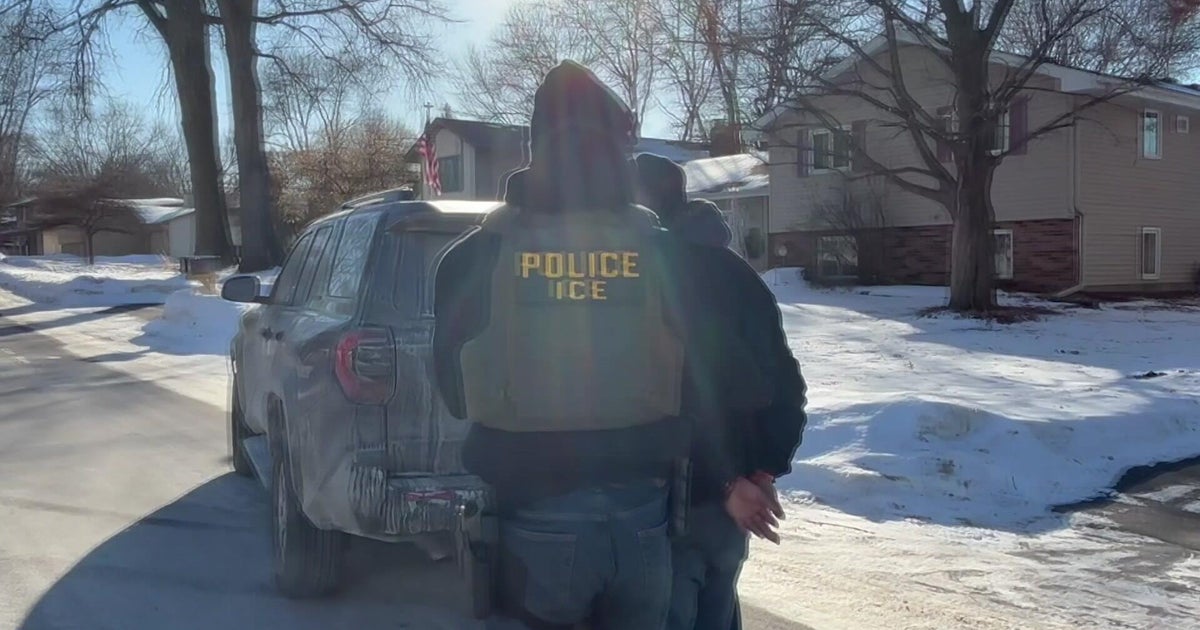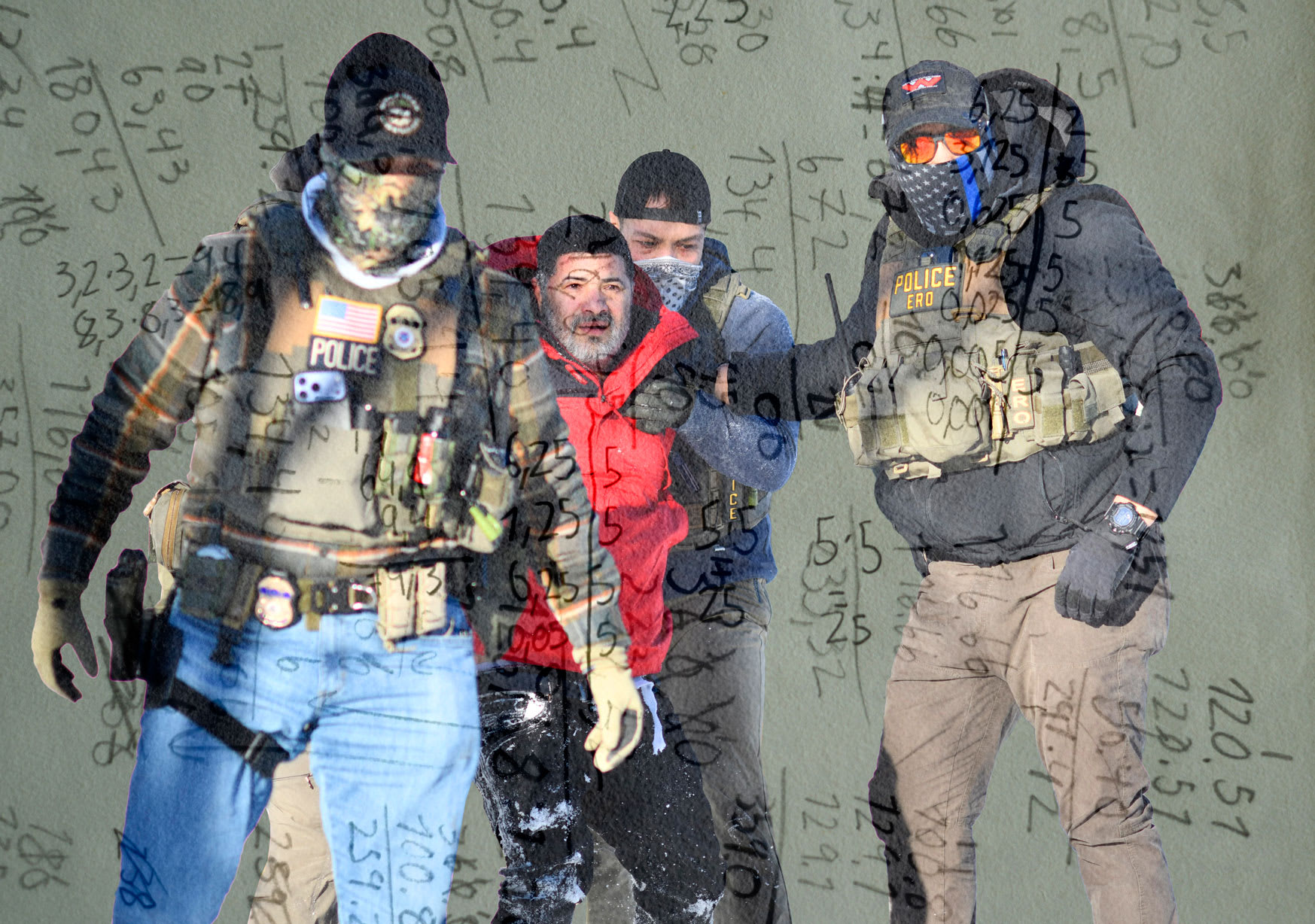Supplies of N95 masks running low as COVID-19 surges
Some health care facilities in the U.S. lack sufficient supplies of face masks as COVID-19 cases surge across the country and manufacturers work overtime to ramp up production of personal protective equipment.
The U.S. on Wednesday set a new high for daily coronavirus cases, with more than 100,000 new infections and at least 16 states also breaking records for the number of patients hospitalized with COVID-19. Thursday saw more than 120,000 cases, a 20% spike in just one day.
Makers of so-called N95 masks — regarded as the most effective tool for protection against airborne droplets — are struggling to keep up with demand from hospitals, nursing homes and other health care facilities, as well as businesses in other sectors that now require them to protect workers and the public.
3M Company, the largest domestic manufacturer of N95 masks — which filter out least 95% of very small particles, including viruses — told CBS MoneyWatch that "U.S. and global demand for PPE continues to far exceed supply for the entire industry."
Some of 3M's health care clients are using 20 times the amount of PPE they needed before the pandemic, a company spokesperson said. 3M is also fielding requests for respirators from new clients that have never used them before. Some suppliers report a jump in sales in states where COVID-19 cases are rising.
3M's monthly production of N95 respirators in the U.S. alone will have increased from 22 million in 2019 to 95 million by the end of 2020, a spokesperson said. Globally, by the end of 2020, the company will have produced 2 billion respirators.
That's still not enough: Nine months into the pandemic, manufacturers are still limiting how many masks may be purchased, including for hospitals.
Back where we started
In health care settings, as a rule of thumb, facilities should stock at least a 90-day supply of masks at all times, according to experts and some state health departments. But many cannot.
MidMichigan Health, a nonprofit health system in Michigan, only has about 30 days' worth of masks on hand.
"We can't build to a 90-day supply at this point because the demand is going up across the country, which is basically what happened back in February right after all this started," said Jeff Wagner, the vice president of materials management at MidMichigan Health.
A three-month supply would be ideal given that case numbers are rising. "If we can get there, we could ride out the storm for a little bit. A 90-day supply of good-quality product would make me very happy," Wagner said.
But rising case numbers in central Michigan will only make it harder to secure the goods. "It's just going to get tougher and tougher," he added.
MidMichigan, with hospitals, physician practices, urgent care care and other centers serving 938,000 Michiganders, is coping with the shortfall by disinfecting the masks it has using UV light to prolong their usefulness.
"There are safe ways to disinfect masks but it's very time-consuming. It's not the ideal solution by any means," said Awi Federgruen, a production and supply chain management expert and professor at Columbia University Business School in New York.
Bottleneck in production
Part of the reason for the bottleneck in production stems from the complex process by which NIOSH-certified N95 masks are made. Though prices vary based on quantities purchased, buyers can expect to pay between 50 cents and one dollar per respirator, according to sellers.
"It's a pretty difficult item to manufacture, particularly the main filter. It requires specialized machinery that's very expensive," Federgruen said.
Brian Wolin, whose work as a chiropractor dried up when he was forced to stay home at the beginning of the pandemic, is trying to help meet hospitals' mask needs. Since August, his company, Protective Health Gear in Paterson, New Jersey, has been making and selling CDC-approved N95 masks.
The company can now make up to 1.4 million masks per month, and it plans to increase production by year-end.
"We've started to feel the phone calls and emails escalating as the case numbers creep up," Wolin said. "We're not sold out yet, but we have to ramp up production."
Health officials in Montana, New Mexico and Wyoming also expect supplies to tighten in the coming weeks as cases rise and demand for masks increases, according to a Wall Street Journal report.
In addition, thousands of nursing homes cite shortages of PPE, including masks, according to a recent report from the U.S. Public Interest Group. a consumer advoacy group.
In August, seven months into the pandemic, 20% of nursing homes had a less-than-one-week supply of one or more types of PPE, according to the report. which represents a critical shortage by industry standards.
"It's critical because an outbreak could wipe out their supply in a day or two," wrote U.S. PIRG's Teresa Murray and Jamie Friedman of Frontier Group, the report's co-authors.
"Dismal" level of organization
Columbia's Federgruen says part of the problem is matching PPE supplies with demand around the U.S. "The level of organization is dismal in terms of knowing where people are holding and who can we make contracts with across the globe. It's still very much in its infancy."
Mike Bowen, vice president of Prestige Ameritech, which sells bulk quantities of N95 masks to hospital distributors, is among the suppliers that actually have a surplus on hand after more than tripling his employee headcount to boost mask production.
"We are looking for more hospitals that are in trouble. If there are hospitals that are in desperate need of respirators, we have them. We have excess capacity of N95s and of face shields," he said.



